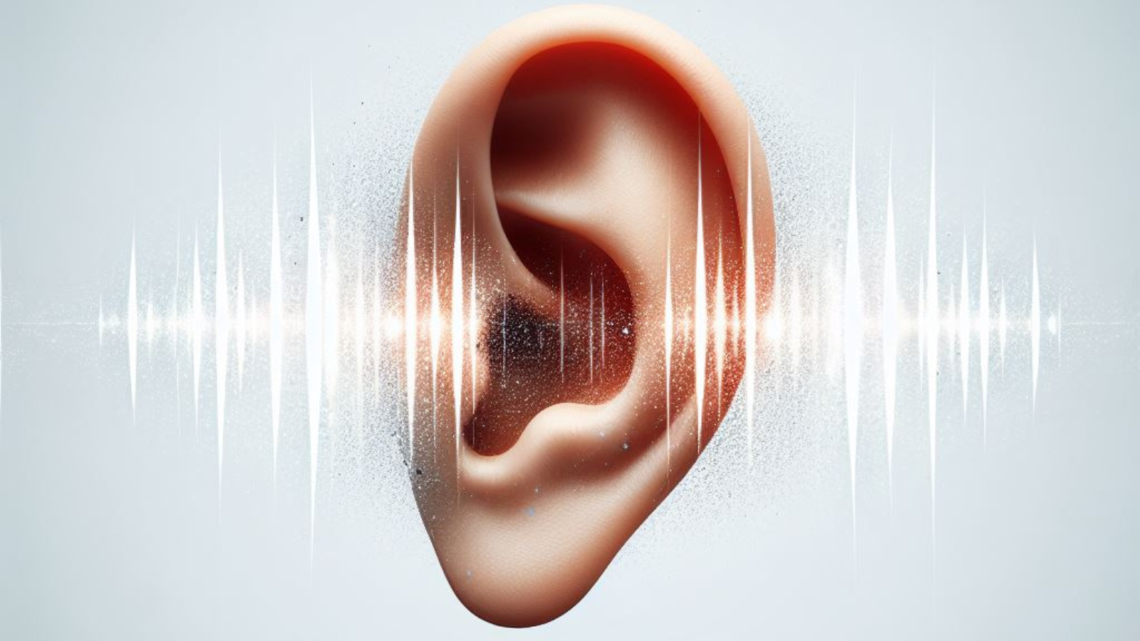
The Silent Impact of Noise on Health
In the bustling cadence of urban life, one is incessantly enveloped by a multitude of sounds—from the relentless hum of traffic to the intermittent clamour of construction and even the piercing intrusions of noisy neighbours. These auditory disturbances are not merely a source of annoyance, but are increasingly recognized as a potent hazard to public health.
The Mechanism of Noise-Induced Harm
The insidious nature of noise stems from its ability to trigger the body’s acute stress responses. These responses are hardwired physiological reactions, including the release of stress hormones such as adrenaline and cortisol, which, in the short term, prime the body for action. However, when such stimuli are chronic—as with persistent noise—the body remains in a heightened state of arousal, akin to the proverbial engine that never ceases revving.
For individuals with existing health issues, this constant state of stress exacerbates their conditions. Patients with cardiovascular diseases are particularly vulnerable as stress hormones elevate blood pressure and heart rate, increasing the demand on an already burdened cardiovascular system. Chronic noise exposure has been linked to a heightened risk of heart attacks and hypertension.
Cognitive and Psychological Impact
Beyond the cardiovascular system, the insistent presence of noise takes a toll on mental health. Research has established a connection between long-term noise exposure and elevated levels of anxiety, stress, and depression. These psychological states can adversely affect those with mental health disorders, potentially destabilizing their conditions and impeding recovery.
Moreover, noise pollution disrupts sleep, an essential restorative process. Disrupted sleep patterns lead to fatigue, impaired cognitive function, and reduced quality of life. For those with health issues, quality sleep is often a critical component of the healing process. Therefore, noise that fractures sleep architecture can delay recovery or worsen symptoms.
Hearing Loss and Tinnitus
The auditory system itself can fall also victim to noise. Prolonged exposure to high decibel levels can cause sensorineural hearing loss, a permanent condition. Individuals with pre-existing hearing issues may experience an acceleration in their auditory decline. Tinnitus, characterized by a persistent ringing or buzzing in the ears, can also be triggered or exacerbated by exposure to loud noise.
Vulnerable Populations
Certain populations are more susceptible to the health ramifications of noise. Children, the elderly, and those with chronic illnesses require greater consideration. Children’s learning and development can be impeded by noise, manifesting as difficulties with concentration and memory. The elderly, who may already contend with a litany of health issues, can experience an aggravation of symptoms. And, individuals with chronic illnesses are at risk of noise-induced exacerbations of their conditions.
Mitigation and Management
Addressing noise requires a multifaceted approach, encompassing public policy, community planning, and personal vigilance.
The health implications of noise disturbances can be profound and wide-reaching, especially for those already grappling with health challenges. It is not only a matter of environmental quality but of public health urgency that noise disruptions, and noise pollution, be acknowledged and ameliorated with strategic and compassionate interventions.

